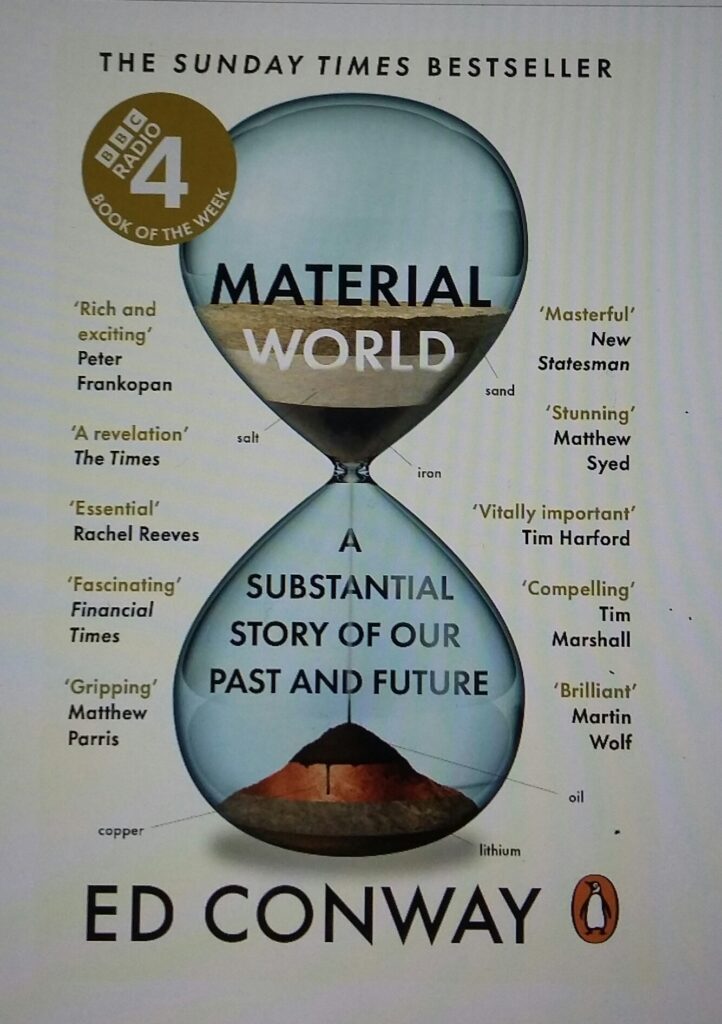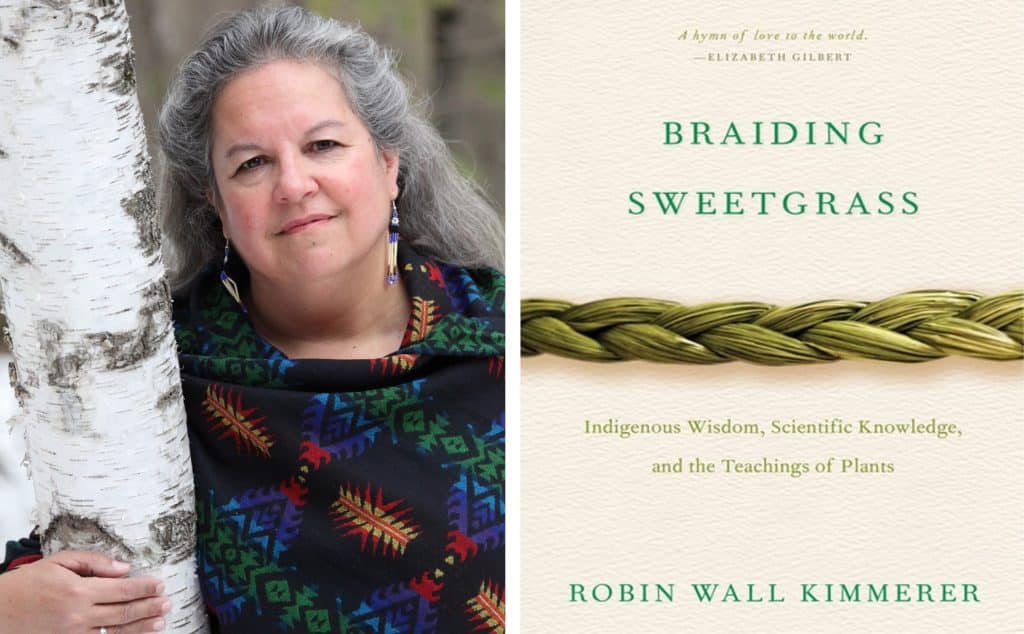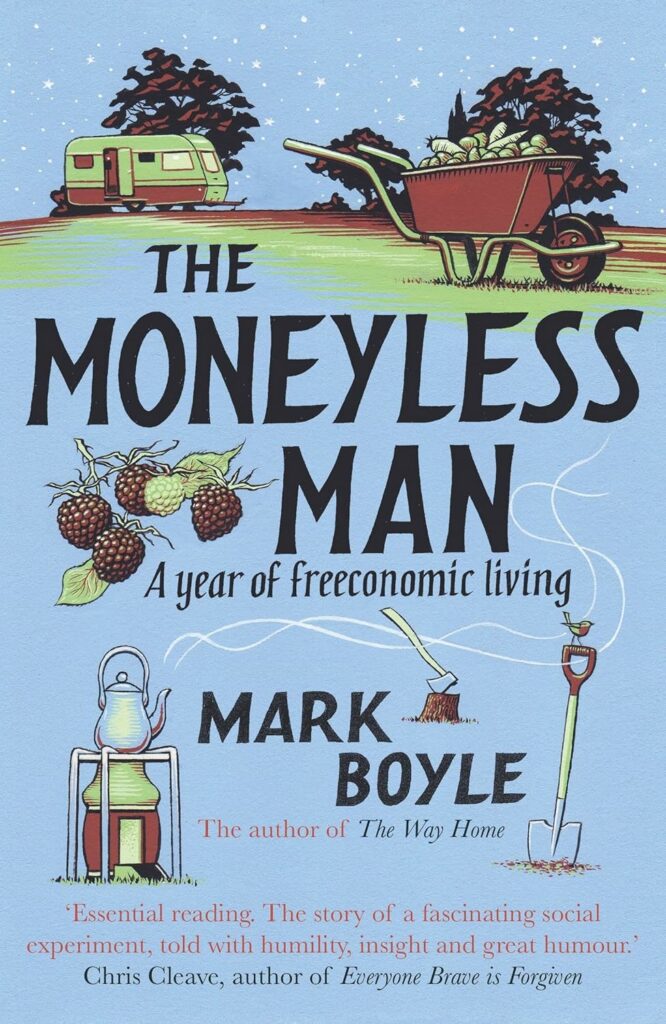Material World by Ed Conway

This book follows the story behind six key materials: Salt, Sand, Iron, Copper, Oil and Lithium, without which the world as we know it would not exist.
The histories of extraction and utilisation of these substances all go back a long way, but all have been refined, and, crucially, scaled up dramatically so as to enable the end-products to become cheap and plentiful.
I was both amazed and appalled at the extent to which humanity has been prepared to go to obtain these materials in vast, and increasing, quantities, often with destructive knock-on effects on the environment, local people and wildlife. And yet, uncomfortably, I realise that a day hardly passes in which our lives are not filled with products or services derived from these substances.
What’s more, I learnt that the complex global journeys these materials take from extraction to finished product are incredible. The silicon chip in your smartphone could well have been mined in Spain, purified in Germany, transformed into pure crystalline structures in USA, and finally “printed” into a chip in Taiwan! It takes very little to upset these supply chains, as we saw through the Russia/Ukraine conflict regarding gas, for a huge worldwide ripple.
This book is hugely relevant to those of us interested in the fight against climate change.
For the momentous Green energy transition that the world needs to achieve Net Zero (and achieve it we must), Conway explains how there will need to be a concurrent massive increase in the extraction of many of these six materials, e.g. copper, lithium, sand, iron and some fossil fuels.
Having an understanding of these substances, how they come to be in our lives and how reliant we are upon them, seems important if we are to tackle the challenges ahead. Material World is available from Lancashire Libraries as a hard copy or e-book.
Braiding Sweetgrass by Robin Wall Kimmerer

It is clear that protecting biodiversity is of equal importance to reducing carbon emissions when it comes to avoiding the worst consequences of climate change. Sadly, modern society has been exploiting and destroying the natural world, especially over the last few decades. If this worries you, this book provides an alternative way to think and act which may bring some hope.
Braiding Sweetgrass is an inspirational and quite unique book, taking the teachings from ancient stories and the philosophies of indigenous North American peoples, and weaving them with modern scientific knowledge of botany and ecology.
Through the book, the wondrous beauty of life on earth and appreciation of the balance and mutual give and take between all living beings in the natural world is portrayed. It also reminds us how we, humans, are not separate or superior to other species but part of the ecosystem. We also need to recognise that the air, water and soil of this planet are crucial to sustain us but can only do this if they are kept healthy. We are both dependent on this planet and have a responsibility to look after it.
Braiding Sweetgrass shows how, in a world now largely driven by consumerism and greed to the point of exhausting the planet’s finite resources and irreversibly damaging the climate, we would do well to reflect and learn from the peoples who lived in partnership with the land for many thousands of years, and from plants themselves.
Braiding Sweetgrass is available to borrow from Lancashire Libraries
The Moneyless Man by Mark Boyle

Mark Boyle received a lot of media attention in 2008 when he set about his year-long social experiment to live without money. Although he has not been talked about much recently, his stories from that period seem highly relevant for us today.
The current cost of living crisis has made many people think about being more thrifty, but as well as potentially saving us money, this book highlights changes that we could all make, without going as far as Boyle did, that would get us closer to a sustainable future, especially in light of the climate crisis we face. Boyle’s ethos is of minimising consumption of the earth’s resources and energy, minimising waste and promoting a community-based “Freeconomy” where things (food, materials, etc) and skills/time are freely shared.
Boyle describes with humility and humour the challenges he faced, as well as the sense of achievement in completing everyday tasks without money. Growing his own fruit and veg, and travelling by bike were key to his lifestyle, but particularly memorable were his efforts to build a composting toilet, making paper from mushrooms, and “skipping” – the (technically illegal) act of retrieving waste but perfectly edible food from supermarket and other waste bins.
As well as a great read that is guaranteed to make you smile, The Moneyless Man also refers to useful websites and organisations which helped Boyle to live more frugally and sustainably. If you are interested in making tweaks to your lifestyle to help reduce your footprint on the earth, you may find these helpful.
What is clear from this book is that, as well as being successful in his experiment, Boyle discovered a sense of true happiness and satisfaction from his way of living, something that our consumer way of life seems to be lacking in…….
The Moneyless Man is available to borrow from Lancashire Libraries